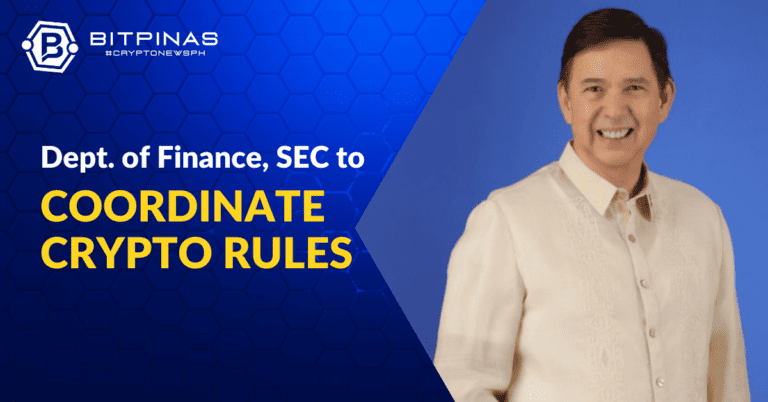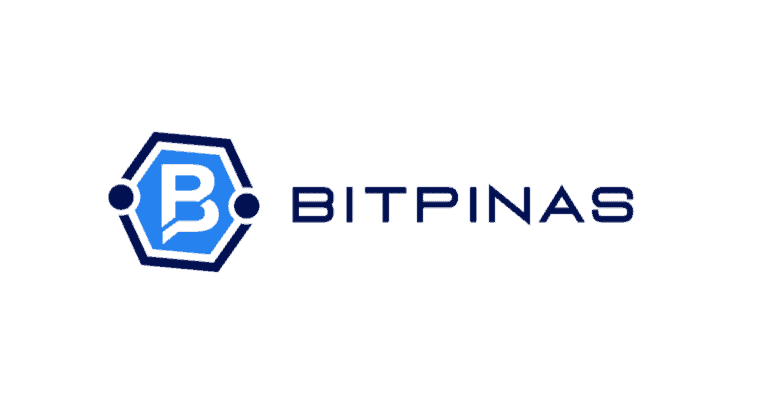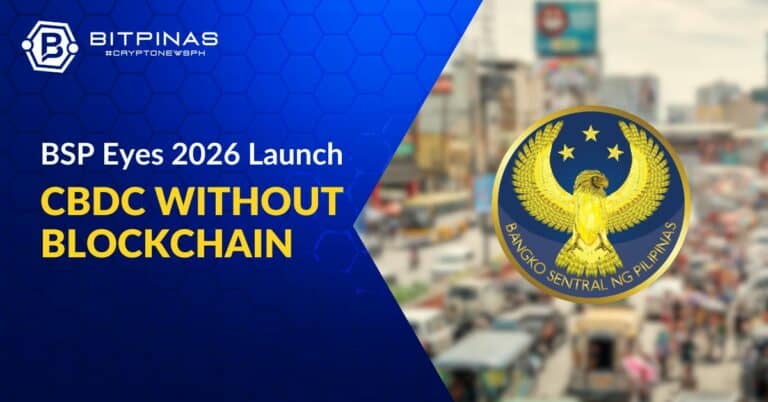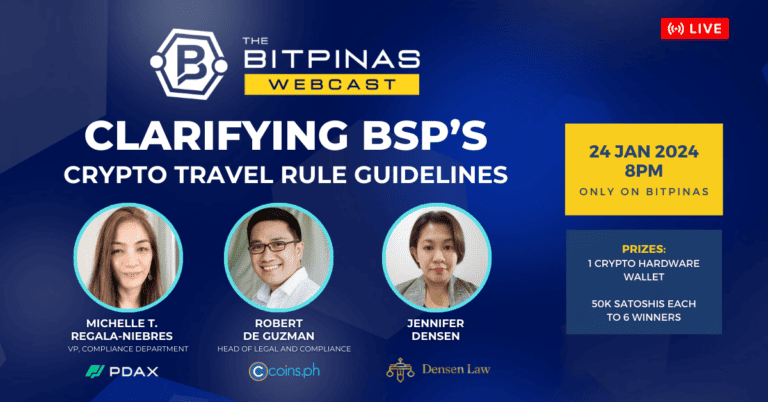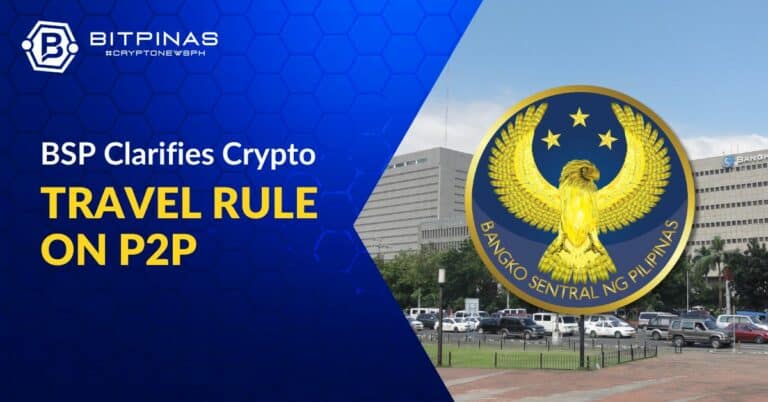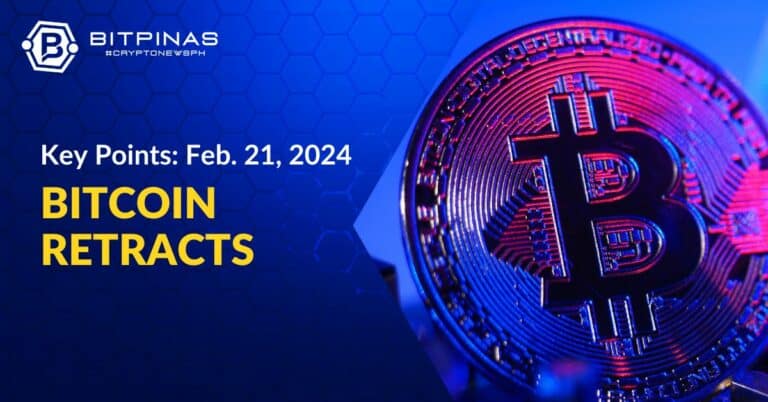DOF Chief Recto Vows No New Taxes But Better Tax Collection
Learn about Secretary Ralph Recto’s top priorities at the Department of Finance.
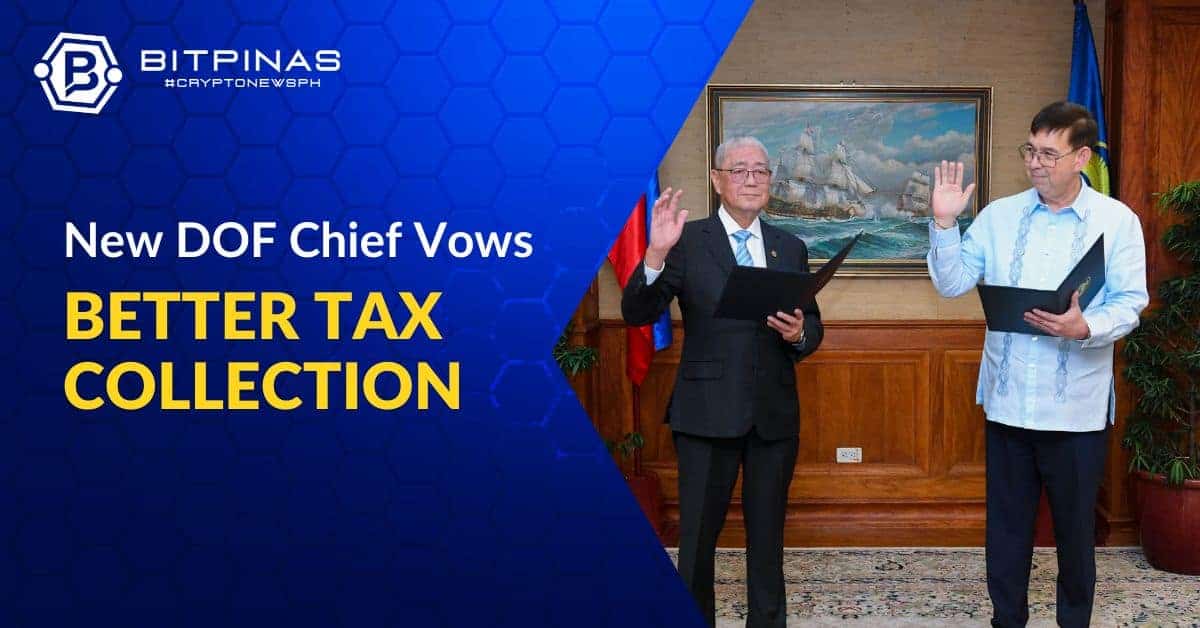
- Newly appointed DOF Secretary Ralph Recto prioritizes tax collection, aiming to collect P4.3 trillion this year, with a division of ₱3 trillion from BIR, ₱1 trillion from BOC, and ₱300 million from the Treasury.
- Despite the economic challenges, Recto stated there are no plans for new taxes due to their inflationary impact in the current high inflation environment.
- Following his appointment, Recto also assumed membership to the BSP Monetary Board.
To collect for this year, newly appointed Department of Finance (DOF) Secretary Ralph Recto emphasized that his top priority was collecting taxes for the country, targeting P4.3 trillion.
Table of Contents
First Order of the New Finance Chief
Following his inauguration on January 12, Recto issued his initial directive during a press briefing at the Palace.
He outlined the division of this goal, with ₱3 trillion from the Bureau of Internal Revenue (BIR), ₱1 trillion from the Bureau of Customs (BOC), and ₱300 million from the Treasury, emphasizing the importance of fiscal sustainability.
“Every night, when I wake up in the morning, dapat ang na-collect na natin, more or less, P20 million, to fund all the needs of the people and the requirements of government,” said Recto.
Moreover, he also mentioned that the Philippine government would borrow ₱2.7 trillion by next year. As of October 2023, the sovereign debt of the country amounted to ₱14.48 trillion, as reported by the Philippine News Agency.
No New Taxes
During the oath-taking, President Ferdinand “Bongbong” Marcos Jr. stated that Recto should be able to assess whether tax reforms are needed. He emphasized that he doesn’t want to anticipate any announcements from the Secretary, encouraging Recto to thoroughly examine the issues within the DOF and make announcements at his discretion
Accordingly, at a press conference last January 24, Recto stated that, given the inflationary impact of additional taxes in a high inflation environment, there are currently no plans to impose new taxes as the current circumstances do not warrant its implementation.
Additionally, the new finance chief expressed his commitment to advance the approval of tax measures previously advocated by his predecessor, former finance secretary Benjamin Diokno.
“We will refine them. In fact, we are putting a lot of work in the few days,” he stated.
Recto added that the DOF plans to present these “fine-tuned” proposals to the Legislative Executive Development Advisory Council (LEDAC).
Recto in the Monetary Board
On January 22, Recto was sworn in as the government sector representative to the Monetary Board (MB), the highest policy-making body of the Bangko Sentral ng Pilipinas (BSP).
The ceremony was conducted by BSP Governor and MB Chairman Eli M. Remolona, Jr., and other MB members, including V. Bruce J. Tolentino, Anita Linda R. Aquino, Romeo L. Bernardo, Rosalia V. De Leon, and Benjamin E. Diokno.
Being a member of the Monetary Board entails responsibilities such as participating in the development of the country’s monetary policy and providing oversight for its financial institutions. This role requires making informed decisions about adjusting the key policy rate to address inflation concerns, including the evaluation of options to raise, lower, or maintain the rate as deemed necessary.
What to Expect of Recto?
In an article released on January 16th, Columnist Bienvenido Oplas Jr. compiled a list outlining what the public can anticipate from Secretary Recto in his role at the DOF.
- Revenue Collection and Debt Management: Secretary Recto should lead a campaign to raise overall revenues while reducing annual financing or borrowing, responding to the challenge of the Philippines’ rising public debt and targeting a debt/GDP ratio of possibly 40% or lower.
- GDP Growth: He must be focused on sustaining gross domestic product (GDP) growth at 6.5% to 8% annually from 2024 to 2028, to significantly increase the GDP size to decrease the debt/GDP ratio.
- Implementation of Laws: To reduce public spending in major infrastructure projects and expand the revenue base, he must have an efficient implementation of four new revenue and public finance laws, including the Public-Private Partnership (PPP) Code and Maharlika Investment Fund (MIF) Act.
- Legislative Initiatives: Advocacy for seven priority revenue measures, including tax reforms and bills such as the Military and Uniformed Personnel pension reform and government procurement reforms.
- Spending Control Reforms: Collaboration with the Department of Budget Management (DBM) and Congress to push reforms to control the significant rise in spending, including bills related to military pensions, government rightsizing, and procurement reforms.
- Tax Base Broadening: Secretary Recto is expected to make efforts to broaden the tax base, considering tax amnesty and exemption bills filed in the past to diversify revenue sources.
- Electricity Cost Reduction: The column noted that the new chief must pursue measures to lower the cost of electricity, including exempting the system loss charge from VAT and reducing costs in special economic zones.
- Privatization Measures: Exploration of privatization measures to raise government revenues, including creating mechanisms for the disposition of government assets.
- Contingent Liabilities Disclosure: Mandating the annual public disclosure of all contingent liabilities incurred by various government entities to institutionalize fiscal discipline and ensure transparency.
- Economic Liberalization and Subsidies: Implementation of a combination of economic liberalization and public subsidies, along with social safety net programs, to enhance both hard and soft infrastructure and improve the country’s investment attractiveness.
Who is Ralph Recto?
Ralph Recto also served as a former senator, former NEDA Secretary, congressman, and deputy speaker until he was appointed the DOF chief.
During his term as the District Representative of Batangas, he authored legislation proposing laws covering consumer protection in internet transactions, housing resettlement programs, and telecommunications. In industrial development, he advocated for the Leyte Ecological Industrial Zone.
As a former Senator, Recto contributed to national initiatives such as bills for universal access to quality tertiary education, universal healthcare, PhilHealth coverage for persons with disabilities, and a comprehensive national feeding program. He has also addressed agricultural concerns with a bill providing free irrigation services and advocated for business improvement with the Ease of Doing Business Act.
Moreover, Recto’s legislative portfolio extends to social programs, focusing on the first 1,000 days of life, and financial sector reforms, including amendments to the Social Security System (SSS) Charter and the New Central Bank Act.
He has also addressed anti-money laundering by designating casinos as covered entities under the Anti-Money Laundering Act (AMLA). Recto’s legislative efforts demonstrate a comprehensive approach to addressing challenges and promoting holistic development in the Philippines.
Where is the Former Finance Chief now?
Prior to assuming the role of Finance Secretary, Benjamin Diokno held positions as the former Secretary of the DBM, twice, and the former Governor of the central bank. Consequently, following his turnover of the DOF chief post to Recto, Diokno resumed his position as a member of the BSP Monetary Board.
“I am proud knowing that I will be leaving my post at a time when the Philippine economy, in general, and the DOF, in particular, are in a better state of affairs than when I inherited them,” Diokno said in a statement.
Moreover, Marcos expressed gratitude to Diokno for his performance as Secretary of Finance. He credited him with guiding the Philippine economy and averting a potential crisis from external factors. Marcos acknowledged Diokno’s expertise and enthusiasm, emphasizing that the nation would continue to rely on him as a member of the Monetary Board.
This article is published on BitPinas: New DOF Chief Recto 1st Order: To Collect Trillions of Tax
Disclaimer:
- Before investing in any cryptocurrency, it is essential that you carry out your own due diligence and seek appropriate professional advice about your specific position before making any financial decisions.
- BitPinas provides content for informational purposes only and does not constitute investment advice. Your actions are solely your own responsibility. This website is not responsible for any losses you may incur, nor will it claim attribution for your gains.
